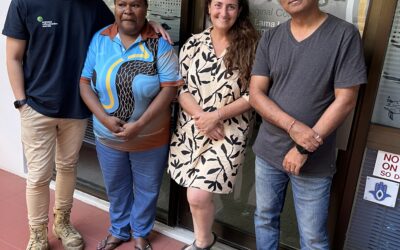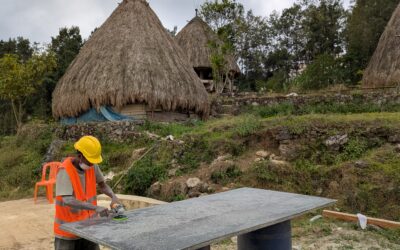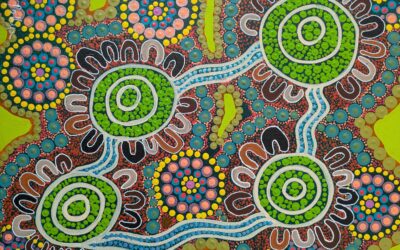Working With Communities
Working With Communities (Overall Photo layout is difficult)
Partnerships in development
• To nurture future development leaders
• To embed people-centred values and approaches in engineering, design and technology education.
• To practice and promote two-way knowledge sharing
• To promote the professional development of community partner staff
• To support community partners by generating ideas for their projects.
Human Centred Approach
Non-Development Policy
Applications for 2018 are closed now!
Students
Locations
Our Latest blog
EWB Australia partners with First Nations Community for 2026 Challenge
EWB Australia Challenge First Nations engineering humanitarian engineering Australia Indigenous engineering education community-led design Aboriginal partnership engineering Cape York engineering projects Lama Lama Country place-based learning Engineering education...
Utilising solar power for better coffee in off-grid Timor-Leste communities
Timorese man and two women resurfacing plastic panels for the project
EWB Australia launches 2025–2028 Stretch Reconciliation Action Plan
Over the past few years, EWB Australia has been developing deeper connections with Aboriginal and Torres Strait Islander communities and organisations. This is a great privilege and has provided the opportunity for our staff, partners and volunteers to listen and...





